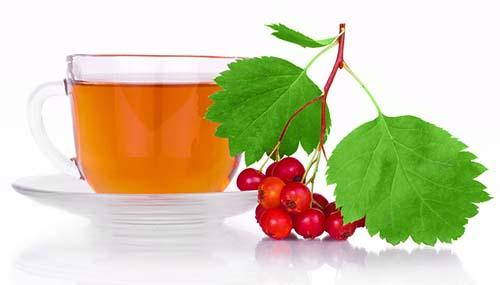Hawthorn is a particularly useful plant for the well-being of the heart and nervous system. Its phytotherapeutic properties have been known and appreciated since the Middle Ages. So let's find out all the uses of hawthorn and any contraindications of this natural remedy.
Don't store avocado like this: it's dangerousIl hawthorn is a particularly useful plant for the well-being of the heart and nervous system. Its phytotherapeutic properties have been known and appreciated since the Middle Ages. Let's find out then all uses of hawthorn and any contraindications of this natural remedy.
Perennial plant of the Rosaceae family, the hawthorn (Crataegus oxyacantha) is traditionally used for its beneficial effect on the cardiovascular system and for his sedative qualities and calming. Characterized by white flowers and red berries, this plant has some interesting active ingredients that can be useful for dealing with very common problems such as hypertension, anxiety and insomnia.
Read also: THE HAWTHORN: AN ALLY FOR OUR HEART BETWEEN HISTORY AND LEGEND
Index
PROPERTY OF THE HAWTHORN
The most interesting properties of hawthorn are highlighted above all at the heart level. THE flavonoids present in this plant allow a dilation of the arteries with consequent reduction of blood pressure and the too accelerated rhythm of the heart thus guaranteeing a protective action at the cardiovascular level. It is then a excellent cardiotonic, or a remedy that enhances the contractile force of the heart.
The hawthorn also exerts a 'calming action not only on the heart but also on the nervous system, it is therefore able to act both in case of general anxiety and against palpitations, tachycardia, stress or insomnia. It then concerns a plant with antioxidant active ingredients and therefore able to counteract the free radicals responsible for cellular aging.
Finally the hawthorn it reduces the accumulation of cholesterol in blood vessels and has diuretic effects against water retention, antidiarrheal and in case of muscle cramps.

• Cardiotonico
• Lowers blood pressure
• Regularize the heartbeat
• Calming action
• Antioxidant
• Reduces the accumulation of cholesterol
• It is diuretic
• Antidiarrheal
USES OF HAWTHORN
Hawthorn is an often recommended remedy in case of anxiety or panic attacks, most often associated with other herbs such as valerian, linden or passionflower. In case of palpitations, tachycardia or general anxiety or stress you can try to take the hawthorn tea preparing it like this: bring a cup of water to a boil, turn off and pour a tablespoon of dry hawthorn or a mix of herbs in which this plant is also present, leave to infuse for about 15 minutes then filter and drink. You can take 2 or 3 cups of this relaxing herbal tea a day even in case of insomnia.
Read also: RELAXING HERBAL TEA: 10 RECIPES AGAINST STRESS AND INSOMNIA
Hawthorn is also highly regarded as natural remedy in case of hypertension, especially if this is due to stress or a fragility of the nervous system.

You can try to use hawthorn in case of:
• Anxiety
• Stress
• Tachycardia
• Insomnia
• Hypertension
• High pressure
• Palpitations
Hawthorn is available, as well as in herbal tea, also in stratto secco or mother tincture. The form of intake of hawthorn and the dosage must be recommended by an expert according to the situation to be treated and specific needs.
CONTRAINDICATIONS OF HAWTHORN
Hawthorn has no particular contraindications and is a generally well tolerated plant. In case, however, they assume drugs always better inform your doctor to avoid the possibility of any interactions. Avoid using in pregnancy and breastfeeding it is always a good idea since there are no studies on it. Caution also in case of low pressurea since this remedy could bring it down further.


























